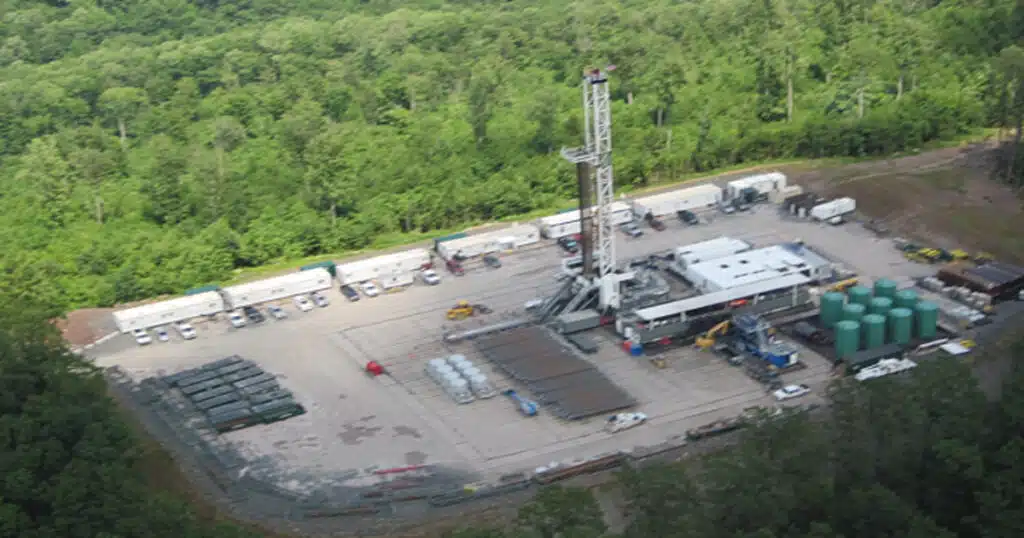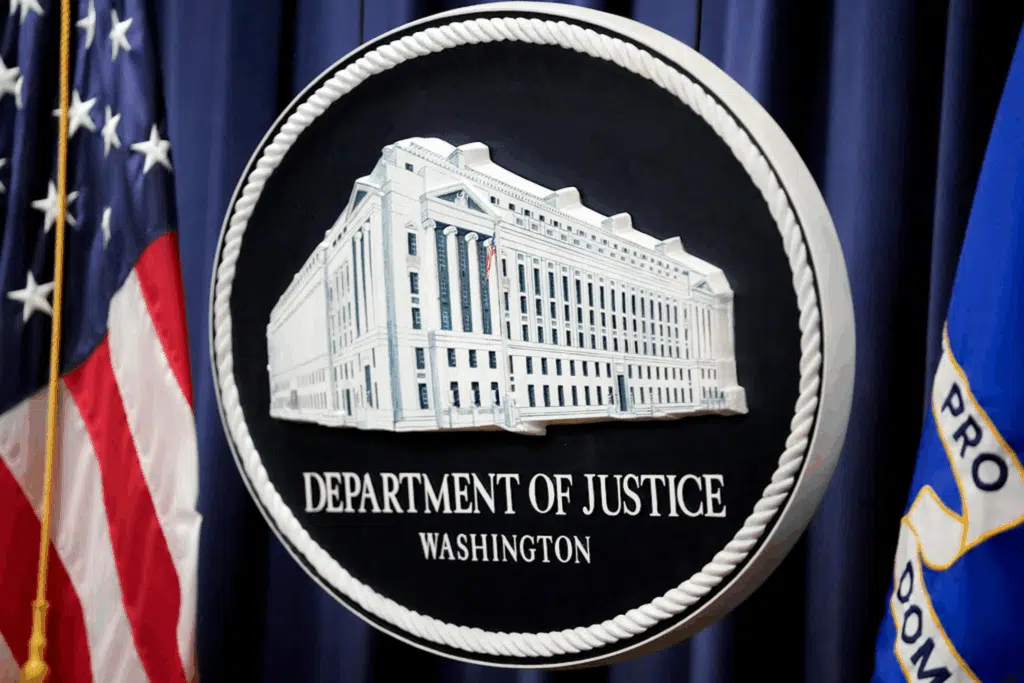
ESG Policies Make New Homes Unaffordable, Expert Says
Environmental, Social, and Governance (ESG) policies hurt the housing industry’s ability to provide affordable new housing, according to the National Association of Home Builders (NAHB).
NAHB Chairman Alicia Huey said so this month at a House Financial Services subcommittee hearing.
RELATED: U.S. Housing Market Continues to Sag
Huey blamed ESG policies at the local, state and federal level.
Socially conscientious investors use ESG standards to screen potential new investments. Someone who wants these investors’ money must — among countless other woke ideals — commit to using renewable energy sources. They must also support LGBTQ+ rights and embrace diversity.
These additional requirements cost additional dollars. Companies must pass the higher costs of doing business down to customers.
“ESG policies already have caused home insurance companies to drop out of some areas and raise rates in others,” Huey said.
“Bank lenders are being urged to minimize the risks associated with their portfolios, causing concern they may cease lending in certain locations or increase their borrowing rates. And as supply chain woes continue to stifle residential construction projects across the nation, we worry that ESG disclosure requirements could further impede or prevent availability of needed building supplies and/or transportation to their required destinations.”
Huey said several regulatory and codes issues are exacerbating the housing affordability crisis:
• Soaring costs and shortages of electrical distribution transformers are delaying housing projects across the nation. This, at a time when the Department of Energy (DOE) seeks to minimally increase the energy efficiency standards for these products.
• The Inflation Reduction Act included $1 billion in grants to state and local governments to adopt updated energy codes that are more costly and restrictive, such as the 2021 International Energy Conservation Code (IECC). The NAHB said adopting the 2021 IECC can add as much as $31,000 to the price of a new home yet can take as long as 90 years for the homeowners to see a payback from this investment.
IN THE NEWS: Man Murdered for Exposing Scheme Involving Illegal Immigrants
• ESG policies want to ban the use of natural gas and propane within new construction and existing homes. A study conducted by the Home Innovation Research Labs in 2021 found that the additional up-front cost to build an all-electric house ranged from $3,832 to $15,100 depending on climate zone.
The NAHB is a Washington, D.C.-based trade association representing more than 140,000 members involved in home building. The group affiliates with 700 local and state home builders associations nationwide.
Send story tips and other story suggestions to [email protected]



